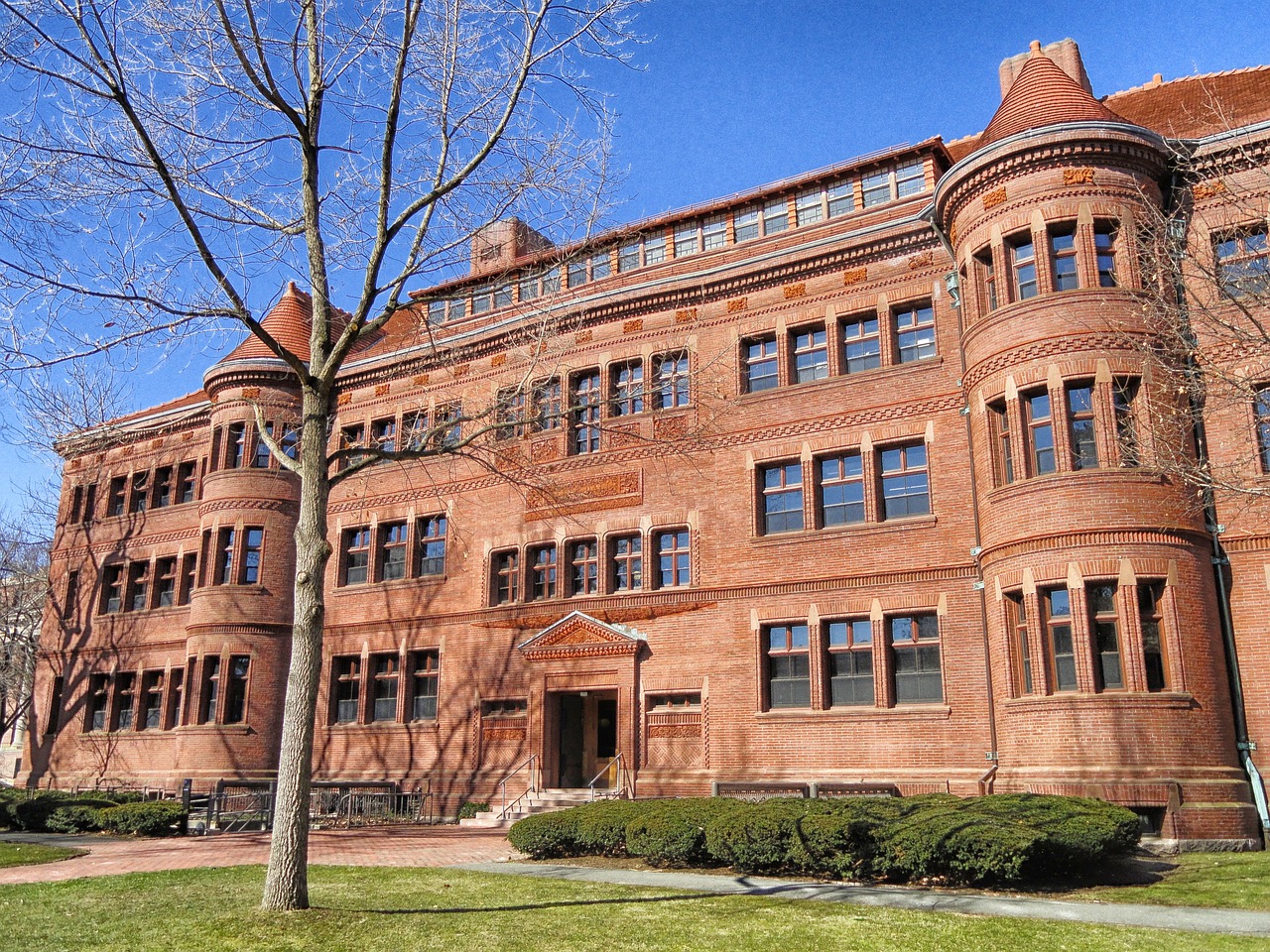In addition to LSAT prep, requesting letters of recommendation can be a daunting task for many prospective law school applicants. Here is Blueprint Prep’s guide to all things letters of recommendation— what you’ll need for law school, how to go about asking for them, and finally, what to do if someone says no.
What recommendations do I need for law school?
Law schools and online law schools vary in their expectations for letters of recommendation, both in terms of how many letters are mandatory and how many additional letters are permitted. However, you’ll find that schools tend to fall in the 2-3 range. If given the option, you may choose to submit an optional additional letter or two. You want to make sure that every combination of letters that you turn in tells a cohesive, but not redundant, story.
As a general rule, letters from faculty members—especially professors—are preferred because law schools want to get a better sense of your academic affinity and strengths. If you’re a recent graduate (in the last 3-4 years), probably 2 of your 3 letters should come from professors, advisors, or another college faculty member. If you’re further out than that, two professional recommendations may be alright, but (except in very rare circumstances), you should aim to have at least one good letter from a faculty member.
How should I ask for a letter of recommendation?
Now, in the post-2020 world of virtual and hybrid professional and academic environments, there are fewer opportunities and forums for close engagement with professors and supervisors. “I don’t think any of my professors even know my name!” is a common sentiment. Applicants who are out of school may feel especially awkward asking professors to write a letter on their behalf.
The truth is, while this is a uniquely uncomfortable situation for many applicants, it is par for the course for many faculty members! In other words, you shouldn’t feel nervous or guilty about approaching them to request a recommendation letter so long as you do so thoughtfully and professionally. It is part of their job, and students are often surprised at how warmly professors respond to the recommendation request.
In terms of how to go about it—the more lead time the better. Pay special attention to busy times for your potential letter writer or professors, like the beginning of the school year, midterms, and finals. Six to eight weeks is a good general timeline, but there is no harm in having a longer turnaround. Better early than late!
In your initial ask, you should include the following:
- A friendly greeting/well wishes
- Your request (a letter of recommendation) and deadline (when you are asking to have it completed)
- Why you are asking this person for their recommendation specifically (ideally, your recommendation letters will be complementary, but not contain too much overlap)
- Anything specific you may want this potential recommender to cover, based on your experience with them
- An offer to provide any further details and/or set up a time to speak
- Any logistics they might need (i.e., registering as a recommender through an online system)
- A hearty thank you!
Professors may also find it helpful to view your law school application essays, resume, or further details about your interests. Be ready to send over any information they may request, but it is probably best that you not include all of this context right away as part of your initial request so as to avoid overwhelming your recommender.
What if the person I ask says no?
Don’t panic, and don’t take things personally! People may decline to write you a reference letter for a multitude of reasons, including their other obligations or a general professional or personal policy.
Remember the silver lining: you want your recommender to endorse you enthusiastically and holistically! So, by declining to write your reference letter, this person has given you the opportunity to find someone who can do just that. That’s much better than a generic or lukewarm message.
Starting early with the process of requesting recommendations will give you time to pivot if you need to. Reach out to other professors, old bosses, or volunteer supervisors as soon as possible with your request. If you feel that these people do not know you as well as your first choice, you should feel empowered to proactively offer materials, context, and information that you would like them to have. More often than not, a recommender is happy to have your input and, at the very least, appreciates the insight into what you want them to cover. As always, it doesn’t hurt to make it clear in your initial ask why you would appreciate this person’s recommendation, specifically.
Have more law school admissions questions? Get our complete guide to getting into a top 14 law school.




